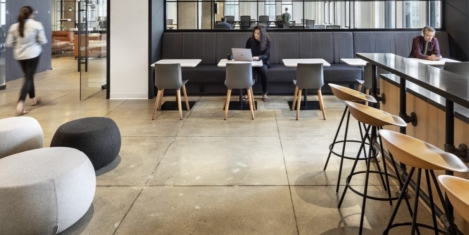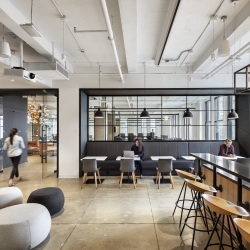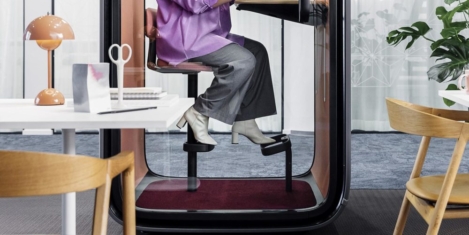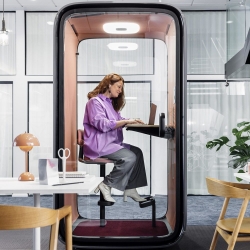To provide the best experiences, we use technologies like cookies to store and/or access device information. Consenting to these technologies will allow us to process data such as browsing behaviour or unique IDs on this site. Not consenting or withdrawing consent, may adversely affect certain features and functions.
The technical storage or access is strictly necessary for the legitimate purpose of enabling the use of a specific service explicitly requested by the subscriber or user, or for the sole purpose of carrying out the transmission of a communication over an electronic communications network.
The technical storage or access is necessary for the legitimate purpose of storing preferences that are not requested by the subscriber or user.
The technical storage or access that is used exclusively for statistical purposes.
The technical storage or access that is used exclusively for anonymous statistical purposes. Without a subpoena, voluntary compliance on the part of your Internet Service Provider, or additional records from a third party, information stored or retrieved for this purpose alone cannot usually be used to identify you.
The technical storage or access is required to create user profiles to send advertising, or to track the user on a website or across several websites for similar marketing purposes.
 The widespread adoption of hybrid working has led to a boom in active commuting – where workers combine their commute with physical exercise – resulting in improved wellness, productivity, and job satisfaction, according to a new poll from IWG. The increased use of local flexible workspaces by hybrid workers has been central to this shift, says the firm, which provides local flexible workspaces. Almost two thirds (62 percent) of commutes to local workspaces are now mostly or entirely active, a 38 percent increase compared to commutes to city centre offices. (more…)
The widespread adoption of hybrid working has led to a boom in active commuting – where workers combine their commute with physical exercise – resulting in improved wellness, productivity, and job satisfaction, according to a new poll from IWG. The increased use of local flexible workspaces by hybrid workers has been central to this shift, says the firm, which provides local flexible workspaces. Almost two thirds (62 percent) of commutes to local workspaces are now mostly or entirely active, a 38 percent increase compared to commutes to city centre offices. (more…)






 New research from
New research from 





















December 8, 2023
Inclusive office design is essential if we want offices to be worth the commute
by Guzman de Yarza Blache • Comment, Workplace design